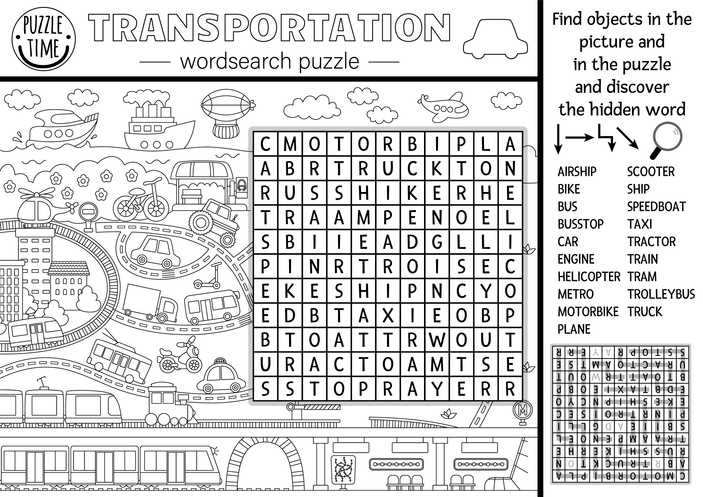You know, those moments when you just can’t seem to find the right word. It turns out, there’s some fascinating science behind word-finding difficulties which is a common experience.
What Causes Word-Finding Difficulties (WFD)?
Researchers have been trying to understand why word-finding becomes harder as we age. Three main theories have emerged:
- Processing Speed Theory: This theory suggests that as we age, our overall cognitive processing slows down. It’s like our brains are still running, but they’re not as speedy as they used to be. This slowdown affects all types of cognitive tasks, including finding words.
- Inhibitory Deficit Hypothesis (IDH): This theory proposes that older adults have more trouble filtering out irrelevant information. Imagine trying to have a conversation in a noisy room; your brain struggles to focus on the right words because it can’t easily ignore the distractions.
- Transmission Deficit Hypothesis (TDH): This one is a bit more specific to language. It suggests that the connections in our brains responsible for retrieving the sounds of words become weaker with age. It’s like trying to recall a word from a fading memory.
What Did the Study Find?
A recent study tested these theories using a fun, online game where participants named pictures while ignoring distracting words. Here’s what they found:
- Support for TDH: The study showed that as people age, they experience more difficulty when words are similar in meaning (semantic interference) and less benefit from words that sound similar (phonological facilitation). This aligns with the idea that the connections for retrieving word sounds weaken with age.
- Limited Support for IDH: Although older adults did have more trouble with semantic interference, there wasn’t strong evidence that their ability to ignore irrelevant words was the main issue.
- Strong Support for Processing Speed Theory: The overall speed of word retrieval was the best predictor of word-finding difficulties. This means that the general slowing down of cognitive processes is a significant factor in why we struggle with finding words as we age.
Why Does This Matter?
Understanding why word-finding difficulties occur can help us distinguish between normal aging and potential early signs of neurodegenerative diseases like Alzheimer’s. The study suggests that measuring the reaction time for word retrieval might be a valuable tool for early diagnosis.
What Can You Do?
If you or a loved one is experiencing word-finding difficulties, here are a few tips:
- Stay Engaged: Activities that challenge your brain, like puzzles, reading, or learning new skills, can help keep your mind sharp.
- Practice Patience: Give yourself time to find the right words. It’s okay to pause and think.
- Stay Connected: Engaging in conversations with friends and family can provide natural practice and help maintain your language skills.
Remember, word-finding difficulties are a normal part of aging, but staying mentally active can make a big difference. Keep exploring, maintain interest in life-long learning, and most importantly, be kind to yourself!






Add Your Voice
0 Comments
Join the Discussion